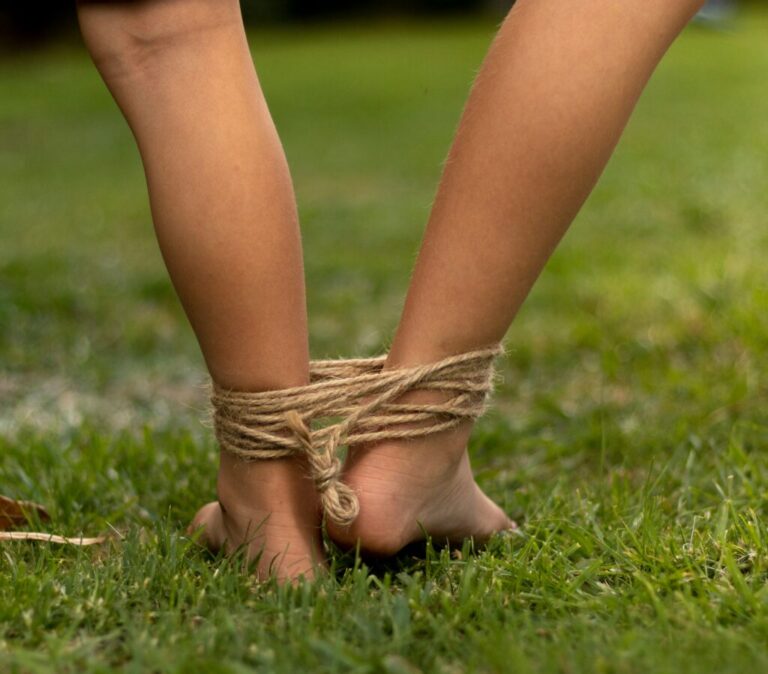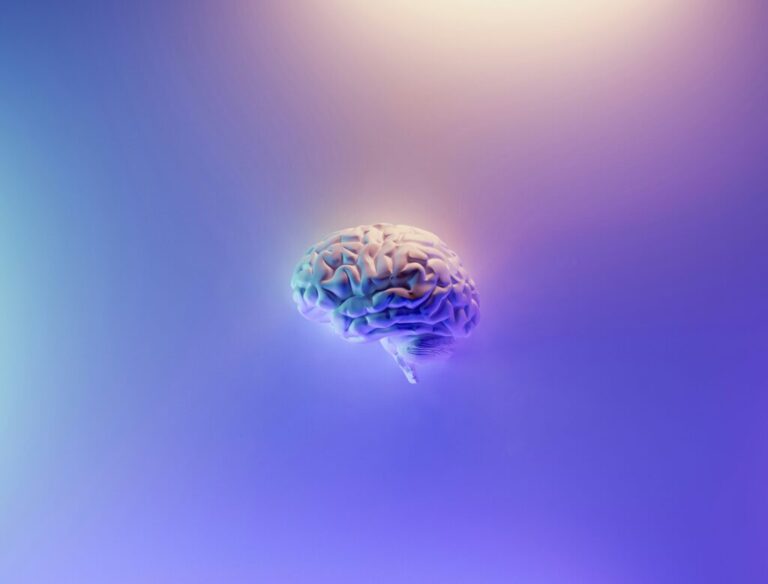
For those in addiction, admitting you have a problem and getting physically free from your addiction are essential first steps. But that’s just the start. The recovery process is long and full of challenges. But when you’re in therapy, when you have a safe place to go, to off-load, to think, to work it out with the support of a trained counsellor or therapist, you stand a much greater chance of staying sober. And a life that is free from addiction is worth all the effort.
According to the Priory Group, many in recovery will relapse. It\’s a normal part of recovery. https://www.priorygroup.com/addiction-treatment/understanding-the-risk-of-addiction-relapse
But some of the most common risk factors for relapse are issues that can be addressed and managed in counselling.
Here’s five ways in which therapy can help…
It helps to boost your self-awareness
In therapy you learn how you think. You start to understand how you react to situations and people and things and why that is. That knowledge gives you greater control and confidence and resilience. It also helps you to identify your triggers and what might bring on a relapse. Without this awareness, you are just going to stay in denial and your risk of relapse, particularly in early recovery will stay worryingly high.
You learn safer ways to process your emotions
People often use addictive substances and behaviours to numb negative feelings. Take drinking for example. Alcoholics will have used drink as a way of managing their anxiety, fear, shame: all those tricky emotions that we don’t like to dwell on. There’s that great saying about recovery: the good news is you get your feelings back, the bad news is, you get your feelings back. A vital part of recovery is learning different ways to feel what you need to feel without putting yourself back in active addiction. Your therapist will help you with this.
You develop healthier habits.
Good therapy challenges how you think and how you behave. It’s not all about the mind. It’s about changing behaviours too. And it’s not all about the past and what you did wrong. It’s just as much about the present and what you can do differently now. A good therapist will know how to gently challenge your behaviour and encourage you to try a different way. You’ll leave therapy with your own self-help kit and communication tools.
You learn to like (even love) yourself again
Addiction has a nasty way of making you feel worthless, as if you were the worst person in the world. And that self-hatred doesn’t go away with that physical detox you went through. But therapy helps you to forgive yourself and learn a level of self-love that will honestly surprise you. In therapy, you get to experience what it’s like to have someone on your side, who isn’t there to judge, but instead to sit alongside you. The isolation eases. Your confidence returns. You start to see the good in life and in yourself.
Therapy repairs broken relationships
Addiction devastates relationships. The relationship with yourself, with your partner, kids, friends and colleagues. It causes conflict, hurt, defensive behaviour, the works. Many opt for family therapy or couple therapy and I can certainly vouch for the value of bringing your partner into therapy with you. But even if you do come by yourself, therapy is going to help you heal those broken bonds. You’ll see the strengths within your relationships, you’ll develop the confidence to ditch the ones that aren’t working for you. You’ll learn why you do what you do in your relationships and what, if anything, you might like to do differently. This is one area where therapy really can be transformational.
Convinced? Get in touch at anna@kingsleycounselling.com and we\’ll find a time to talk.
Still not convinced you could benefit from therapy? Let\’s chat anyway. I\’m here to listen

